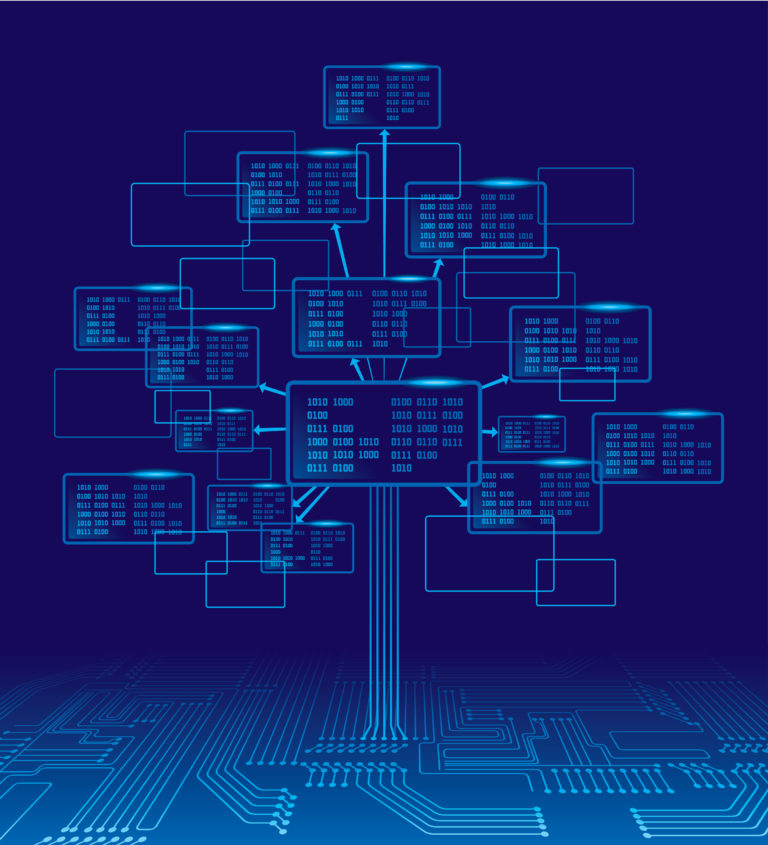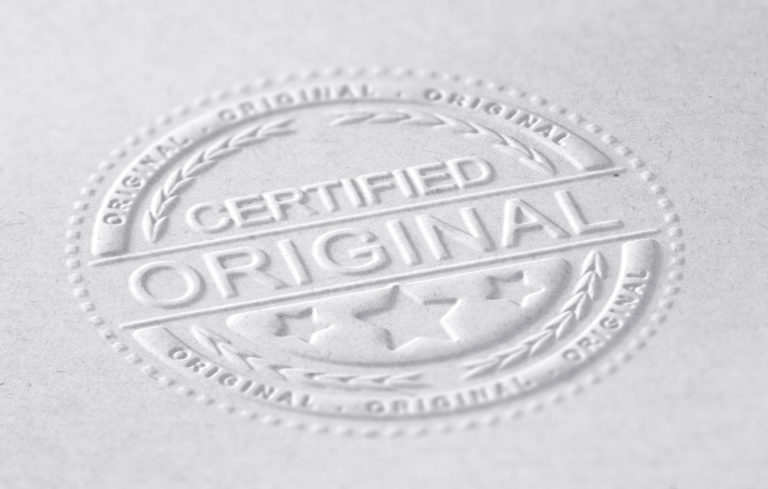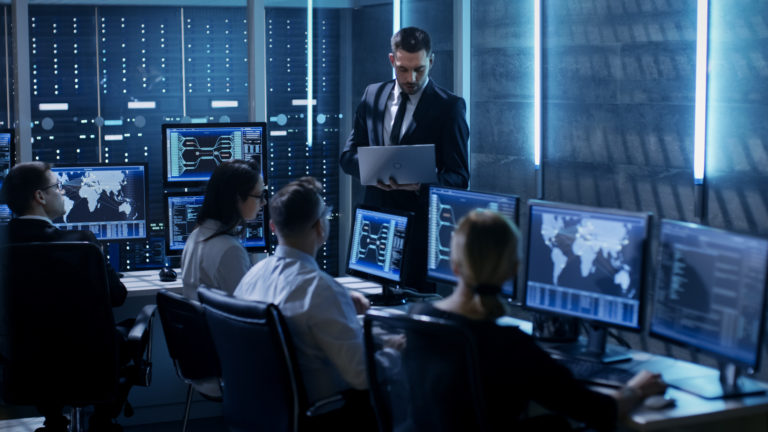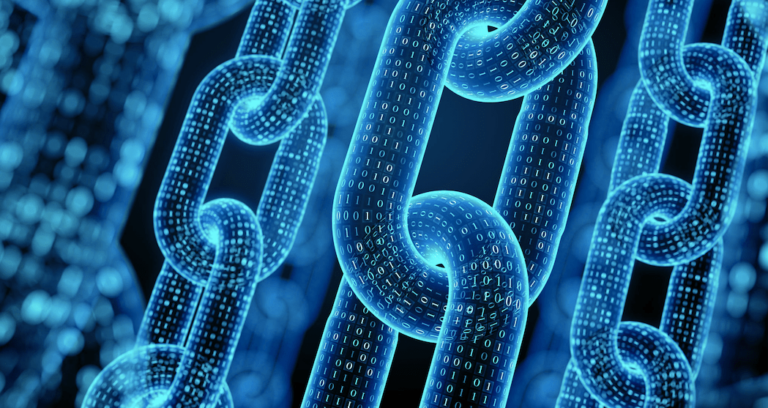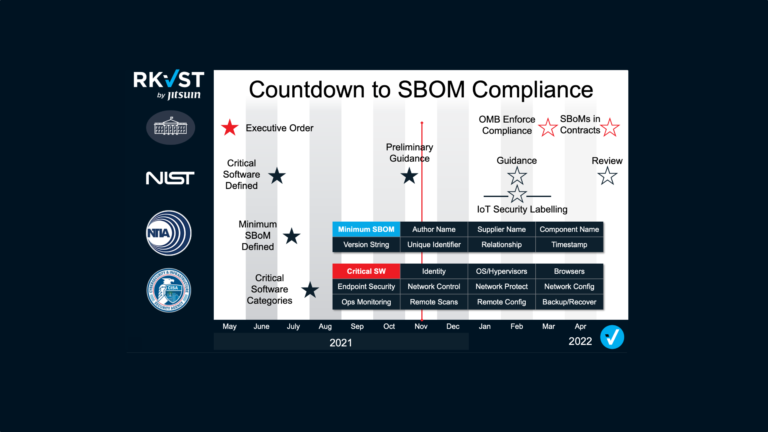Do you want to archive old emails now? We’ve all seen the prompt and many of us choose to consign thousands of emails to an uncertain fate, protected (somewhere) in case we should ever need to cover our arses in some future argument. But this paints a very limited and negative picture of the importance and indeed relevance of archives. Today archives are associated with rearward-facing research, often seeking to uncover a truth long after alternative facts have taken hold. But it was not always the case. The first archives are thought to have been established by the ancient Sumerians as the foundation of their civilization’s extensive and prosperous trading empire. The Sumerians understood that establishing and recording provenance, ownership and value was at the heart of commerce and archives were central in doing so.
The power of archivists
The image of archivists has fared no better. Today the job description depicts an “information professional who assesses, collects, organizes, preserves, maintains control over, and provides access to records and archives determined to have long-term value.” Whilst vital for preserving our heritage and accurate historical records, the role is seen as reactive and passive rather than a driver of business outcomes or aligned with dynamic environments.
But go back in time and again you get a different perspective. Archive comes from the Greek word Archon – a magistrate with the executive power of the state. Archon itself derives from Arkhe which means to command or govern. Archivists until the modern era were extremely powerful individuals at the right hand of rulers. In any organization at any time, those who can organize, manage and allow access to key information will have the keys to power.
A new role emerges
In the hyper-connected, data-driven world of business today organizations need continuous assurance of a broad variety of critical assets. Many of these will be dynamic, shared, and originate beyond the boundaries of the organization. Establishing provenance, ensuring governance, and guaranteeing the immutability of data about these assets has never been more important. Suddenly a new type of archivist is needed, and software developers, in particular, need a set of tools to help them become archivists.
Today RKVST gives organizations the power of assurance in the fast-moving world of the digital economy. By creating, preserving, and making available a golden thread of evidence about any critical asset, RKVST delivers the truth about its status. It allows authenticated permissioned partners to collaborate and contribute to the archives that define that asset in real-time.
DLT – the new cuneiform
Rather than cuneiform clay tablets, parchments, or paper documents, RKVST leverages the power of distributed ledger technologies to create an immutable record of exactly who did what when to any asset. This tamper-proof record can attest to the provenance of any asset, from the shipment of a physical object to the version of a line of code. Building on this provenance, RKVST creates the foundations for governance policies that determine exactly who can see what, when, and in which circumstances. This governance extends up and down supply chains combining transparency and data sharing, with confidentiality and responsible disclosure. With the power of a private blockchain, every action and event is immutably recorded – records cannot be deleted, and they can’t be altered without capturing who made the change and when.
RKVST – the foundation for commerce
Archives, and the archivists that managed them, grew in importance because trading partners needed to be assured that the goods they were exchanging were authentic and as promised. In an (ancient) zero-trust world, the archivist was essential in defining and recording the provenance of goods and the integrity of the information about them. Without them, there was no final recourse or evidence of the true facts.
In the modern zero-trust world the need for assurance has only intensified. Sharing data is essential – but finding the right data, and being certain that it is correct, accurate, and up-to-date is hard. The speed, scale, and complexity of globally connected businesses make establishing the exact status of every asset at any time way beyond what is humanly possible. Software Bills of Material (SBOMs) are just one example of complex, ever-changing assets that must be shared and assured to be useful. RKVST presents an effective solution that’s easy to implement for these requirements.
The modern RKVST is a cloud-based as-a-service model. Flexible, scalable, and fast it provides continuous assurance, allowing authenticated parties to access immutable records of critical assets as and when required. Simple APIs allow software developers to call the RKVST to provide provenance, governance, and immutability to whatever applications are needed in managing critical assets.
Far from the dusty academic stereotype of archives, today’s software developers need modern cloud-native tools, APIs, and open-source software to build trustworthy real-time applications. Just as in ancient times, today’s RKVST provides the trust needed to boost prosperity in the data-driven economy. To find out more, see our documents and try it for free.

